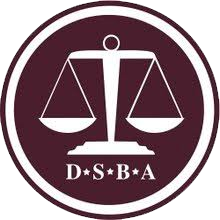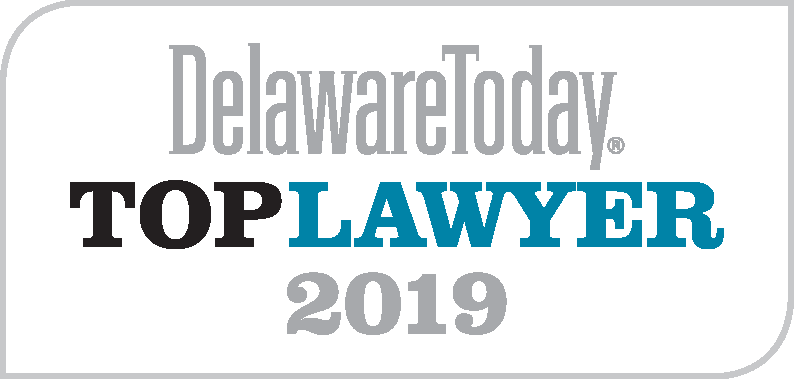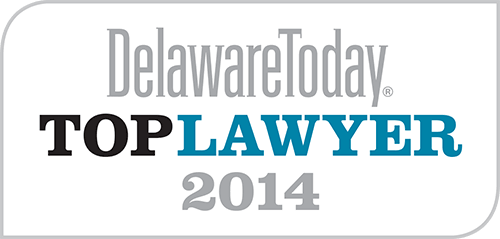What happens on the Internet, stays on the Internet.

DEAN MITCHELL / ISTOCK
In 2016, Chipotle employee James Kennedy posted his dissatisfaction about wages on his Twitter account and then passed around a petition about “legally mandated breaks.” Unfortunately, Chipotle decided to fire the employee for violating their social media policy. But then the National Labor Relations Board (NLRB) determined that the policies violated federal labor laws. Moreover, NLRB told Chipotle that the company had to give Kennedy his job back with back pay.
 NLRB determined that Kennedy’s comments on Twitter and his petition were “protected concerted activity” but not all social media content is protected. People across the U.S. are getting in trouble, disciplined, and sometimes fired for comments on their personal social media accounts—whether it is making statements that can be construed as racist, sexist, politically explosive. For many, there’s a lot of confusion about whether employers can punish or even fire employees for comments made in their private accounts on their own time.
NLRB determined that Kennedy’s comments on Twitter and his petition were “protected concerted activity” but not all social media content is protected. People across the U.S. are getting in trouble, disciplined, and sometimes fired for comments on their personal social media accounts—whether it is making statements that can be construed as racist, sexist, politically explosive. For many, there’s a lot of confusion about whether employers can punish or even fire employees for comments made in their private accounts on their own time.
What is concerted protected activity?
The NLRB defines concerted protected activity as “the law we enforce gives employees the right to act together to try to improve their pay and working conditions, with or without a union.” This includes comments about working conditions, terms of employment, and other relevant work-related information, explains Michele D. Allen of Allen & Associates. But venting may not be enough; there has to be some effort to talk about working conditions together. NLRB may look to see if anyone commented on the post or subsequent action like a petition or meeting, says Allen.
However, not all comments are not sufficient to be considered concerted protected activity. In general, the content has to be “voicing a shared concerned,” explains Deborah Adams, a member at Frost Brown Todd LLC. Derogatory comments about one’s supervisor or other employees are likely not covered. Allen notes often it is on a “case-by-case basis.”
What about the First Amendment?
While the First Amendment protects the freedom of speech, people forget that freedom of speech does not apply to all speech in every situation. It’s a common misconception, according to Courtney Angeli, Partner at Buchanan Angeli Altschul & Sullivan LLP. The First Amendment protects people from actions by the government, she points out, so employees at public employers would be protected. However, the First Amendment does not apply to private companies. However, as noted before, NLRB has special protections for organizing and other concerns about workplace conditions and potential discrimination.
However, individual states may have specific laws protecting employees from overreach by employers. Virginia passed a law in 2015 limiting employers’ rights to their employees’ accounts. Delaware also passed a law limiting employer demands on social media accounts, such as demanding access to the account, forcing employees to “friend” people at the company, and more. However, most of these laws do have a provision that an employer can have access to information for an investigation such as if an employee is suspected of violating HIPAA laws, Allen points out.
Angeli points out that in other states, the default is that employees are at-will employees and can be fired without any reason. But it’s important to know the laws of a state, she points out, because some multi-state companies may have to contend with individual state’s rules and regulations.
Union employees, on the other hand, are not at-will employees and thus employers have to have a just cause to fire them, so that might give some additional protections, says Adams.
Can a company fire me for posting something on social media that they don’t like?
It depends largely on the state and the content as noted above. If the employee posts something that may impact a company’s reputation—such as making nasty statements about their bosses, management or the company, or revealing company secrets, etc., the company may have grounds to take action against the employee. A company’s HR may also have to get involved in an employee complaint about comments made by another employee on their social media. Action may need to occur if there is a concern about safety, Angeli points out.
But the company may have to tread more carefully in other situations. If HR is just monitoring their employees’ social media feeds and punishing or firing them for stuff the HR person doesn’t like, Angeli explains, the company could open itself up to claims for discrimination, especially if the company is inconsistent at punishing people for comments. If a company’s social media policy is too strict, it may run afoul of the NLRB, as was seen with the Chipotle example.
Moreover, Angeli points out that social media goes both ways. Comments made on social media accounts can also be used as evidence in discrimination cases. Adams also points out that social media can be used as evidence for worker’s compensation suits and more.
What can I do to protect myself from being punished for social media?
Employees may want to take care in what they are posting about their company. It may be worthwhile making their accounts private, but do not assume that statements won’t get back to their employer. “if it is private, but you are friends with 800 people, how private is the issue?” Allen points out.
When should I see an attorney?
If you think that you have been terminated for a trumped-up reason, it may be worth consulting an attorney, Angeli says, as there may be more than meets the eye or the firing may have been a retaliatory act for something protected or a result of discrimination. Or if you think you were misunderstood for something and were punished, it may be worthwhile seeking legal counsel. Angeli also points out that states vary in their laws when it comes to social media, so what is permissible in what state may not be permissible in another. Moreover, if you think you have been fired over concerted protected activity, it may be good to contact an attorney as well.
For companies, if they have a question about whether they can do something, Adams brought up the old adage: “a five-minute conversation is cheaper than a two-year lawsuit.”
Credit: USNews.com
Author: Elisa Shoenberger
https://lawyers.usnews.com/legal-advice/social-media/287














